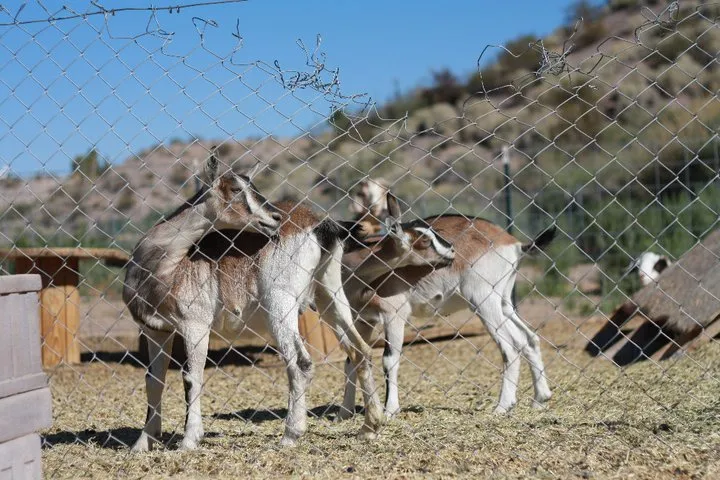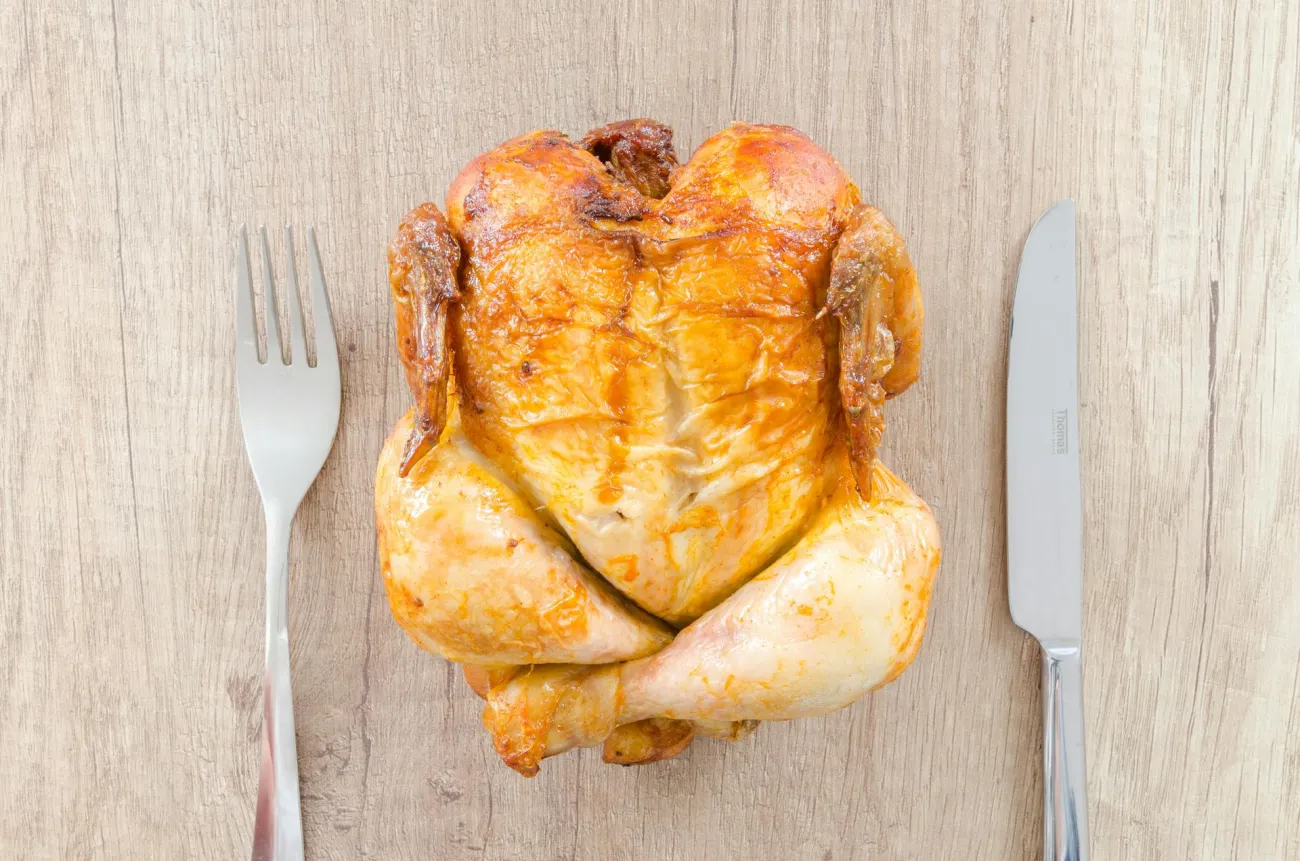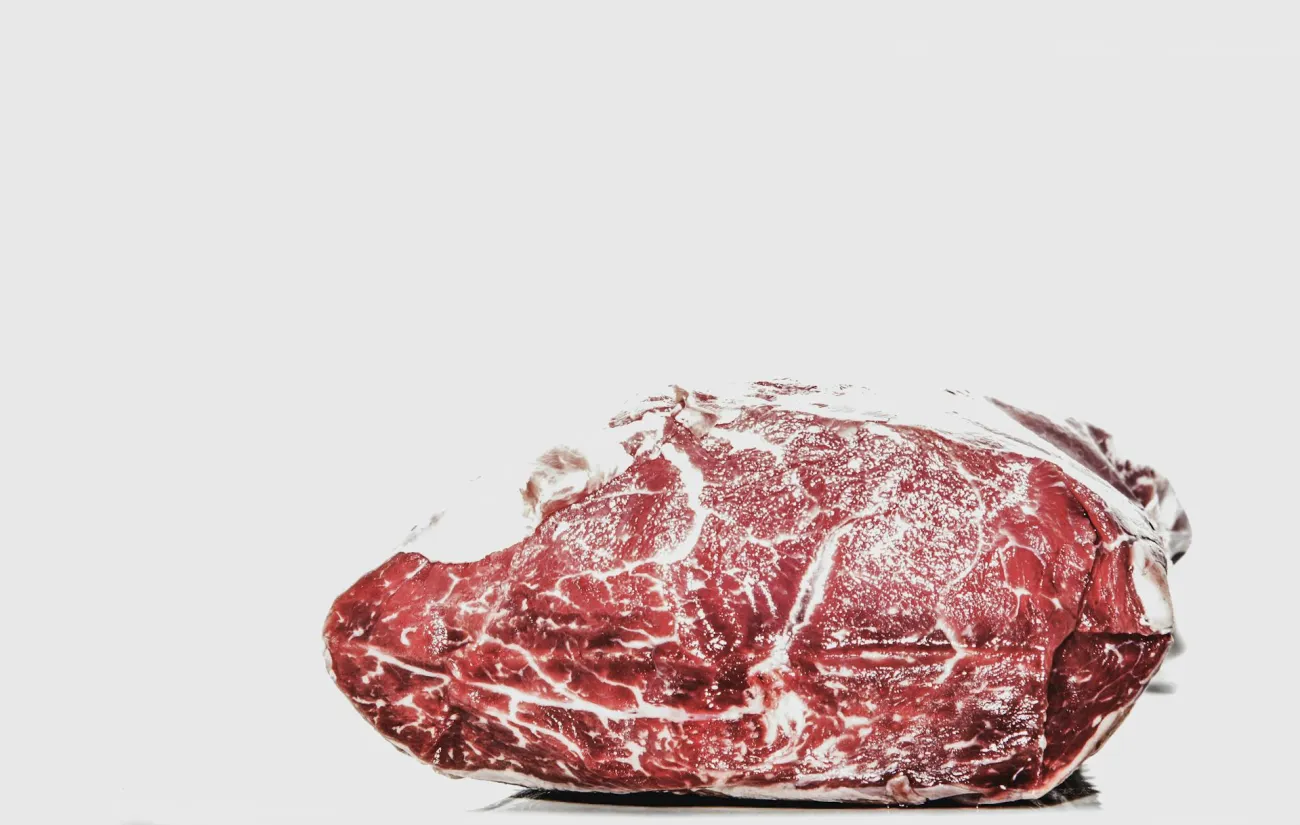New work undertaken by a team at Wageningen University in the Netherlands suggests that many Dutch consumers are interested in reducing their meat consumption without completely becoming vegetarian. The new data find more than three-quarters of consumers questioned have at least one ‘meat free’ day per week and 40% report at least three meat free days per week. The Dutch researchers claim that this trend of flexitarianism is emerging for other nations throughout Europe.
One of their journal papers that examines the issue is as follows:
Abstract
Our growing demand for meat and dairy food products is unsustainable. It is hard to imagine that this global issue can be solved solely by more efficient technologies. Lowering our meat consumption seems inescapable. Yet, the question is whether modern consumers can be considered as reliable allies to achieve this shift in meat consumption pattern. Is there not a yawning gap between our responsible intentions as citizens and our hedonic desires as consumers? We will argue that consumers can and should be considered as partners that must be involved in realizing new ways of protein consumption that contribute to a more sustainable world. In particular the large food consumer group of flexitarians offer promising opportunities for transforming our meat consumption patterns. We propose a pragmatic approach that explicitly goes beyond the standard suggestion of persuasion strategies and suggests different routes of change, coined sustainability by stealth, moderate involvement, and cultural change respectively. The recognition of more routes of change to a more plant-based diet implies that the ethical debate on meat should not only associate consumer change with rational persuasion strategies and food citizens that instantiate ‘‘strong’’ sustainable consumption. Such a focus narrows the debate on sustainable protein consumption and easily results in disappointment about consumers’ participation. A more wide-ranging concept of ethical consumption can leave the negative verdict behind that consumers are mainly an obstacle for sustainability and lead to a more optimistic view on modern consumers as allies and agents of change.
Citation: De Bakker E and Dagevos H (2012) Reducing Meat Consumption in Today’s Consumer Society: Questioning the Citizen-Consumer Gap J Agric Environ Ethics 25:877–894
The team has also published two reports on the issue – they are in Dutch but include English summaries. The report 'Vlees vooral(snog) vanzelfsprekend Consumenten over vlees eten en vleesminderen [Meat as (yet) a matter-of-course: consumers about eating meat and reducing meat]' can be found here, and the report 'Vleesminnaars, vleesminderaars en vleesmijders; Duurzame eiwitconsumptie in een carnivore eetcultuur [Meat lovers, meat reducers and meat avoiders: Sustainable protein consumption in a carnivorous food culture]' can be found here.




Comments (0)